The deaf and hard-of-hearing community has limited resources on campus and in the community, yet deaf American River college student, Samantha Poteet, is actively working toward helping people within the deaf and hard-of-hearing community find the resources they need.
Poteet was born with profound deafness, severe nerve damage in the brain where cochlear implants or hearing aids were not an option. This made the initial stage of language acquisition a challenge for her.
“There are no deaf clinical psychologists or psychiatrists here in Sacramento, and we do have one deaf therapist, but she is only here in Sacramento on Fridays and one deaf therapist is just not enough to address the community needs,” Poteet said.
Poteet, psychology major at ARC, works toward raising awareness for mental health resources to benefit the deaf and hard-of-hearing community.
The interview was taken from an instant-messaging conversation with Poteet, which also discussed the book, “Trauma in the Deaf Population” by Virginia Alexandria.
Knowledge of the deaf culture is far and few in-between, even in the United States.
“Deaf and hard-of-hearing children are more than twice as likely to experience physical and sexual abuse” taken from “Trauma in the Deaf Population” by Alexandria. Poteet argues that much of the abuse tends to come from hearing people.
Poteet said that misdiagnosis is very common when there is a hearing professional with a deaf client and communication between the two can prove difficult.
“Hearing people can use their voices to convey tone, but deaf people use body language and facial expression to convey their attitude and tone,” Poteet said.
The main thing that Poteet wanted to refute was the misinformation that interpreters can be provided for counseling or therapy sessions with a hearing psychologist.
Poteet said it is a common occurrence for a front desk receptionist to forget to schedule an interpreter for a patient.
“The deaf client shows up only to find out the interpreter is not there, which is a waste of time. The client is forced to wait weeks for the next re-scheduled appointment.”
Peg Scott, a psychology professor at ARC and advisor for the mental health resource group, Life is Worth the Walk, LWW, commented on her extent of knowledge in regards to resources provided for the deaf and hard-of-hearing community.
“The only resource I know is DSPS (Disabled Services Programs and Services),” Scott said.
DSPS offers services such as providing interpreters, tutors, and note takers, as well as offering tips for instructors, like real-time captioners, who can put what the professors and students are saying into a computer.
Poteet’s goals include talking to NorCal Services for the Deaf & Hard of Hearing about partnering with a local mental and behavioral health resource center similar to NorCal in order to provide free services such as counseling, therapy, and psychological assessments. She would also like the center to help raise awareness for the deaf and hard-of-hearing community.
For the past 37 years NorCal, has been headquartered in North Highlands and for the past few years the company has been looking for a local deaf clinical psychologist.
“That’s why I’m studying psychology- to fill the communities needs,” said Poteet.


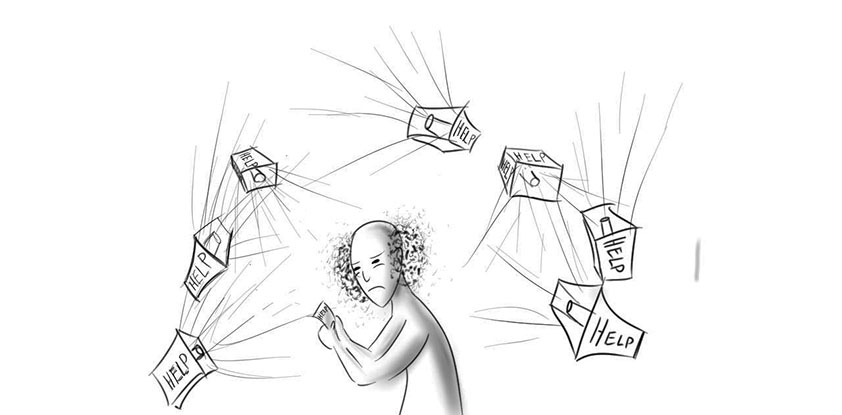
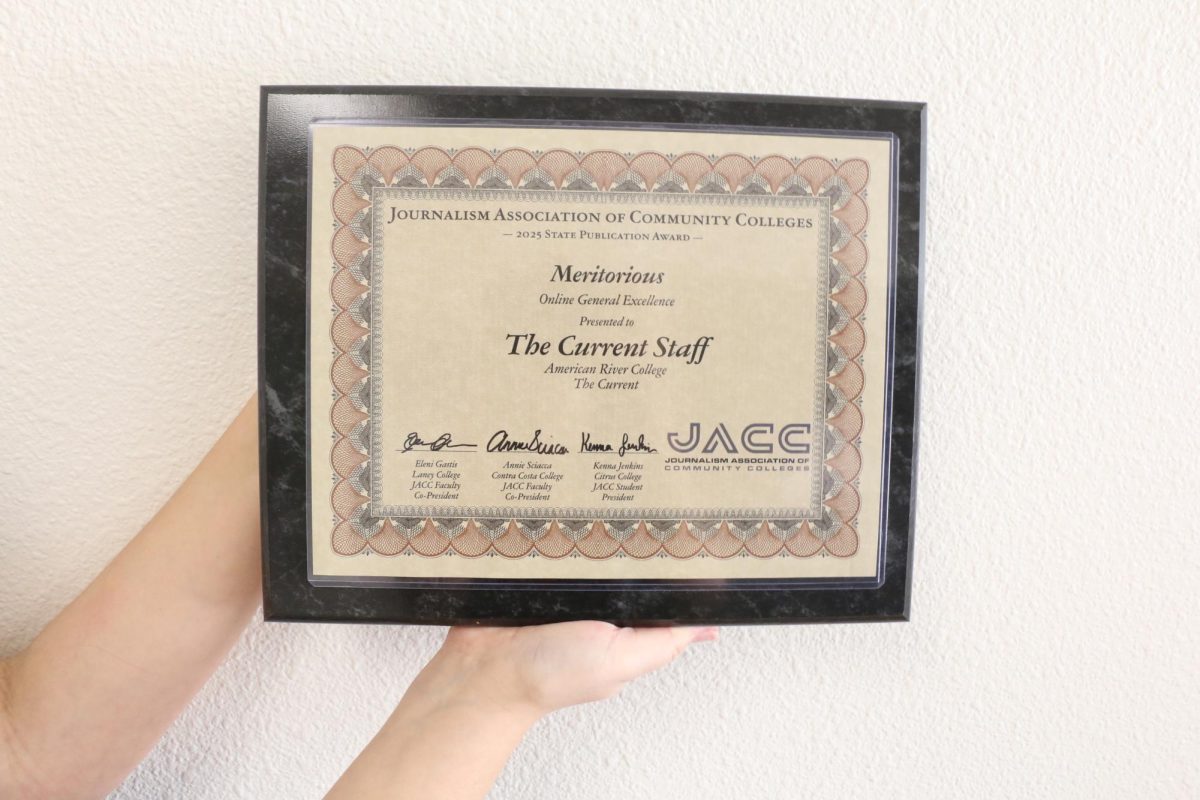
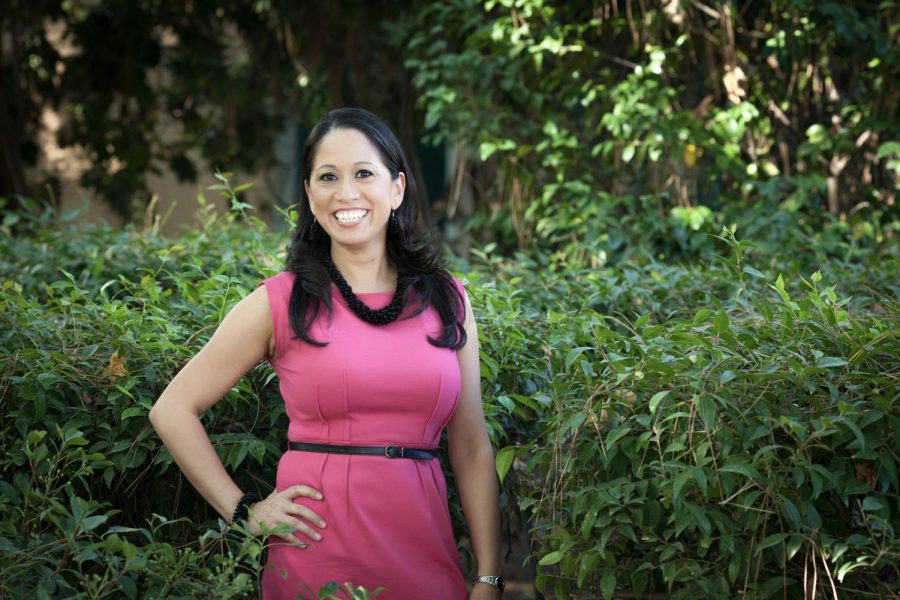
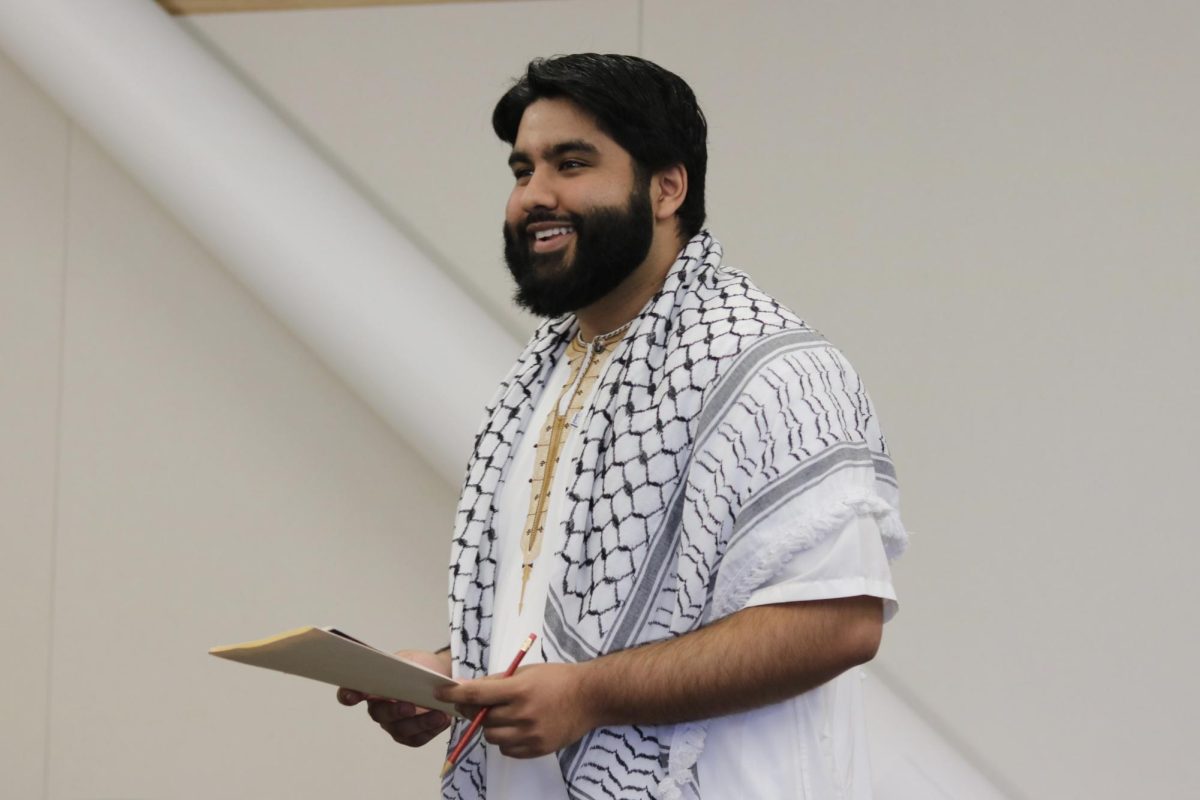

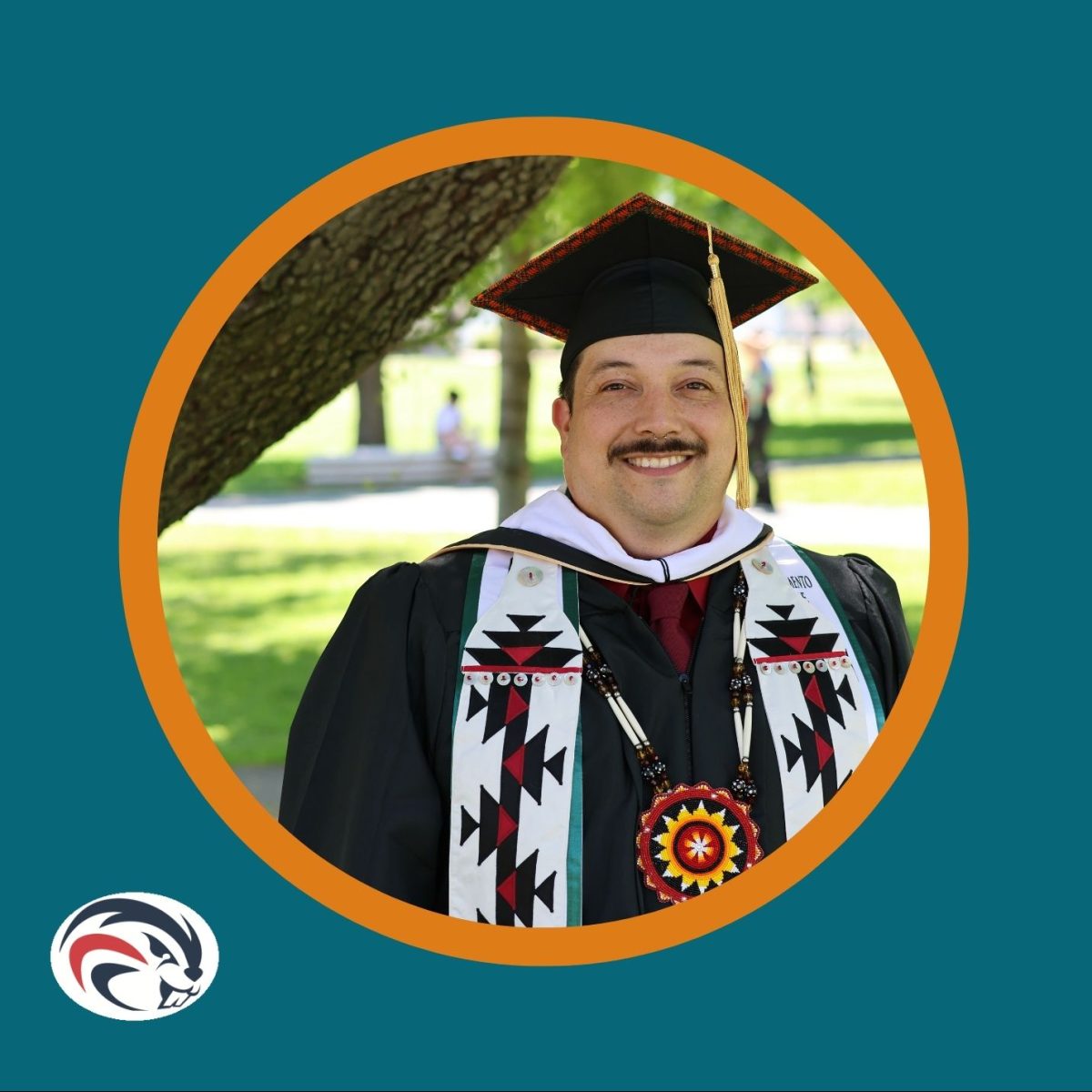
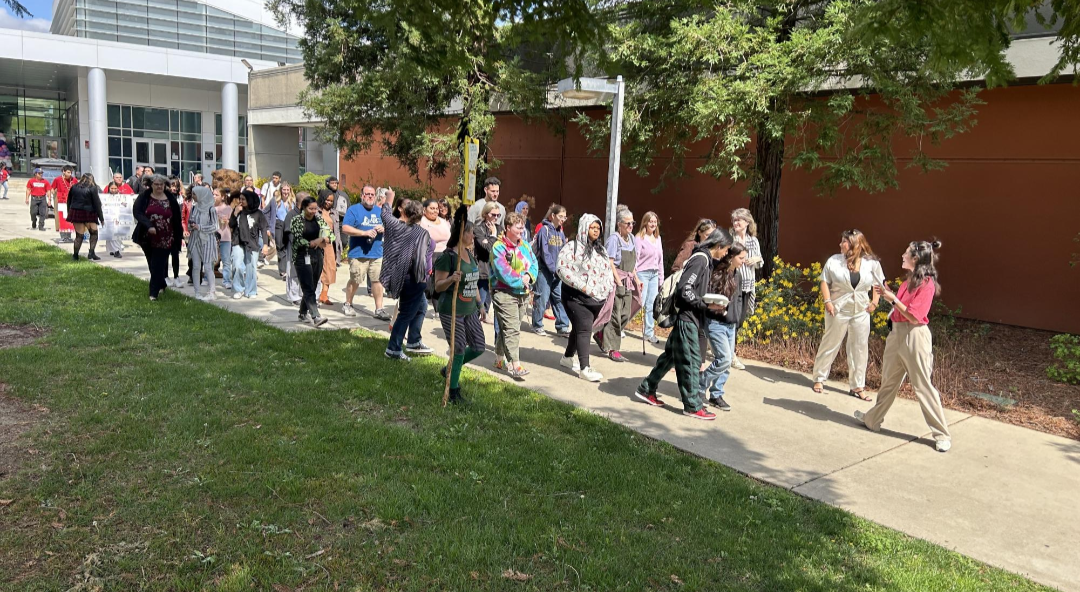



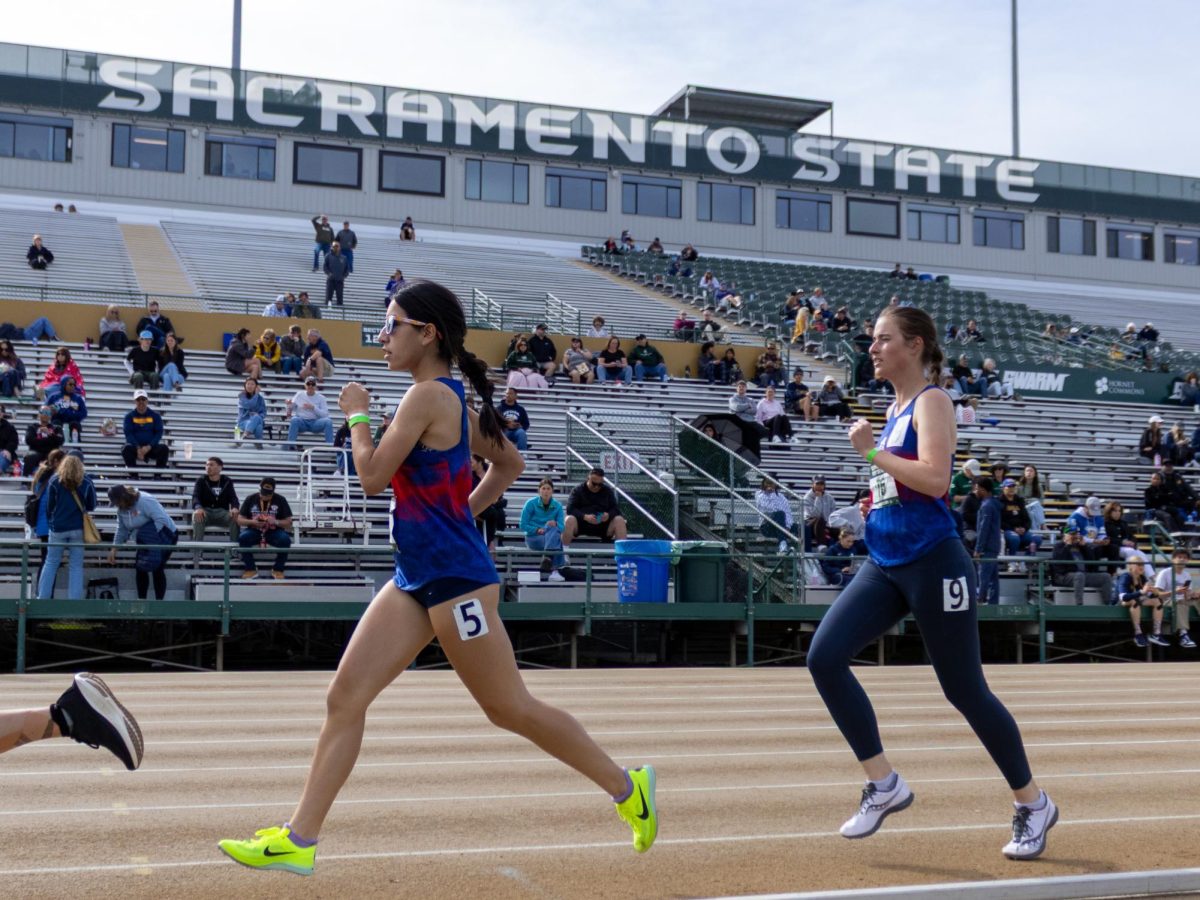


Rick D • Apr 6, 2015 at 7:59 pm
Very informative article, nice job Cheyenne!!